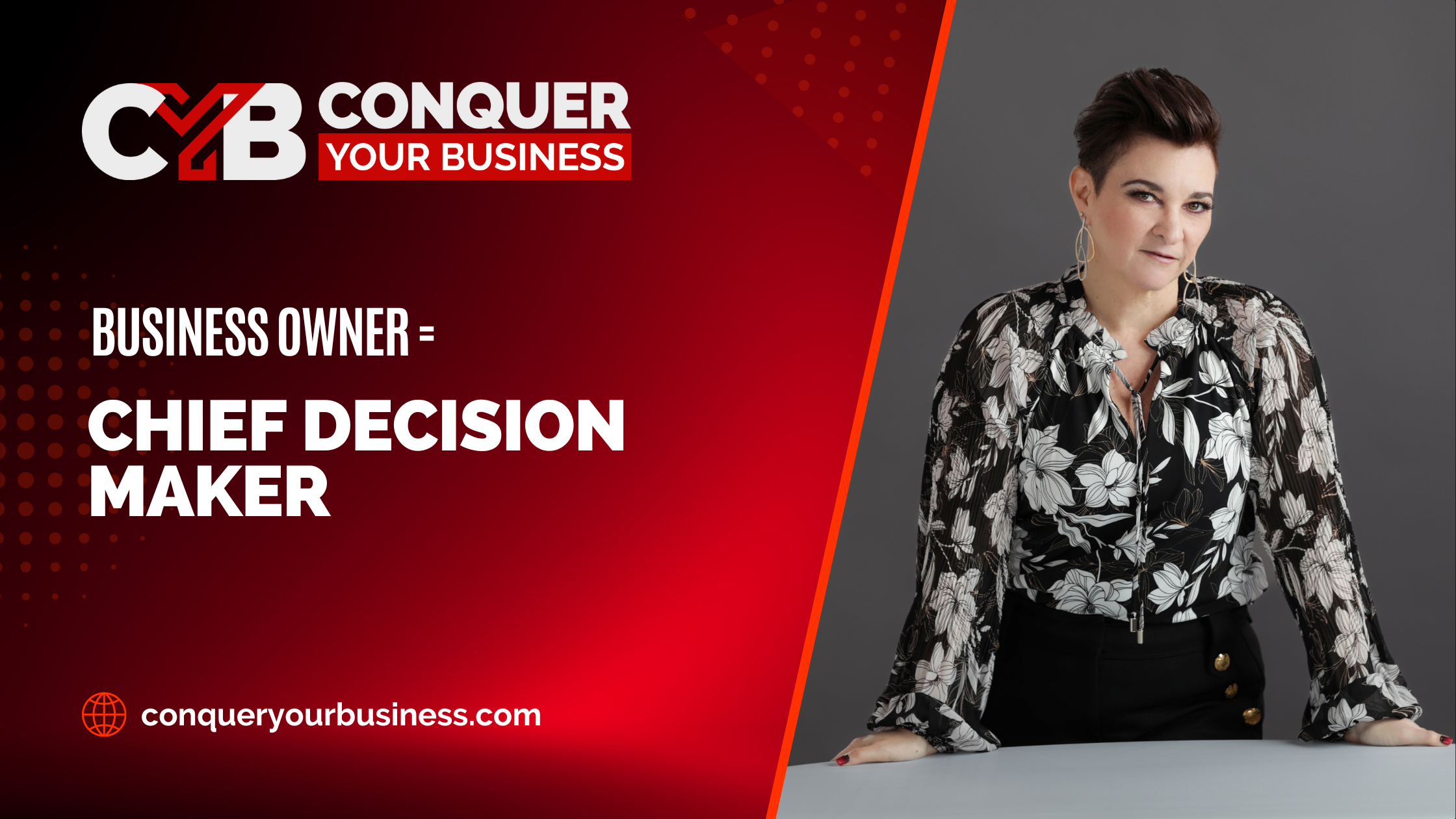How much new business can an entrepreneur gain by asking a current client for a referral? That is, asking for the name of someone in your client’s network that could benefit from the products or services that you offer. The answer to that question is going to depend on many factors, such as who they know and if they are motivated or not to make that introduction on your behalf. At any rate, if you are not currently asking for referrals, it is time to start. Customers who are happy with your work are the best source of advertising because their non-paid assessment will carry more favor with someone in their network than a paid advertisement will.
If you’re a business owner who already asks for referrals as part of your sales process, congratulations, you are ahead of the game! While many people understand the concept of asking or giving a referral, everyone, especially those new to the concept, can use a reminder of what to do or not do in terms of growing a business through referrals.
Do Be Specific About Your Ideal Customer
Unrealistic expectations over how people respond to your request for referrals is common. Just asking for a referral doesn’t automatically mean the person you are asking has the bandwidth or the network to give one. If you are asking and never receiving any bites, it might be time to look at how you ask. At the very least, It should be done in a way that does not put pressure or extra work on someone’s plate.
Start by being very specific about your ideal client. If you are asking “Who do you know that could use my help?” Well, that is a very vague question and one that is hard for someone to easily answer. Providing specific information about the type of people or businesses you can help is like drawing a picture. You are making it easier for your client to imagine who they know that could benefit from your business and make it less likely for them to draw a blank.
Don’t Set Unrealistic Expectations About Being The Only Referral
Ever have a client or partner who is a great connector – someone who is always ready to make introductions and knows who you need to know immediately? That’s fantastic, but remember odds are you are not the only business they have at the top of mind. Perhaps this great referral source has a stake in providing multiple recommendations to the people they know or uses giving referrals as a social currency. Whatever the reason your business is not chosen as the sole recommendation, don’t let that muddy your relationship. It is unfair and unrealistic to expect to be the only referral receiver from any individual and to do so ruins the generosity of the referral processes.
Do Provide Clarifying Details When Giving a Referral
An exchange of quality introductions is key to adding referrals to your sales program and there will likely be a time when you can provide one to a client or potential client. This is an opportunity to lead by example and to give referrals in the same manner as you would like to receive them. Keep the uncertainty out of why the referral is being given. Give the basics by passing along the contact info, sure, but also provide some pain points that can be foreseen. This is more about the WHY of the introduction, not just the WHO.
Briefly discussing these things with the person you’re giving a referral to will make it clear that you take giving access to your social or business network seriously. This is a not-so-subtle indication you will in all likelihood give the same consideration when they have the opportunity to return the favor and give you one.
Don’t Forget To Follow-up On All Referrals
Finally, the biggest no-no to adding referrals to your sales process is not responding to the referrals that you are given. Asking for, then receiving, but not following up creates an uncomfortable situation for everyone involved and can leave the impression that you’re flakey in business. Obviously, there will be times after receiving a referral from a client that your subsequent research will show they aren’t a good fit. When this happens, it is best to not leave your client guessing as to what happened. You should notify them that you won’t be reaching out, along with the reasons why.
For more tips on adding referrals to your sales process, check out this month’s other blog post.




